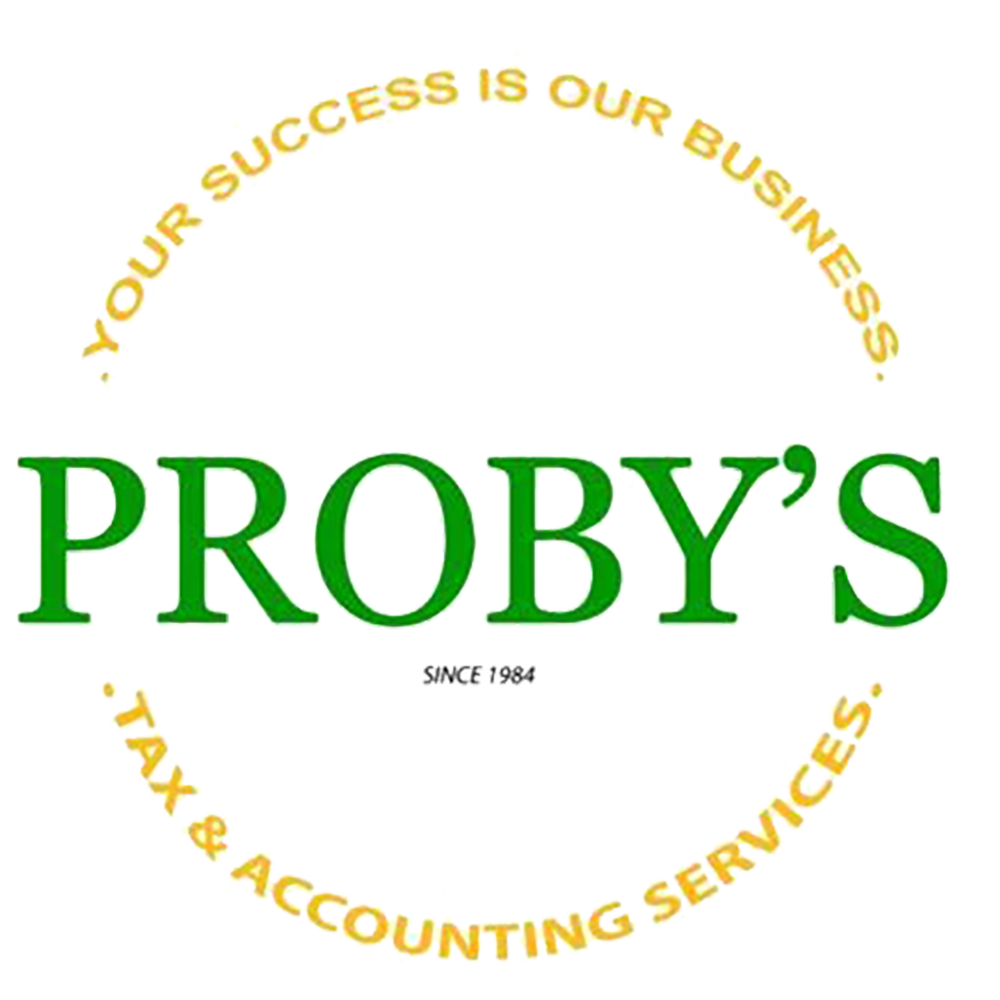Filing your tax return can be a daunting task, but having all the necessary documents can make the process much smoother. In this blog post, we’ll cover the five essential documents you need to file your tax return.
#1 Personal Information
The first document you need to file your tax return is personal information. This includes your full name, social security number, and address. If you’re filing jointly with your spouse, you’ll also need their personal information.
#2 Income Information
The second document you need is income information. This includes your W-2 forms from your employer, 1099 forms from any freelance or contract work, and any other income statements. If you have multiple sources of income, make sure to have all of them organized and ready.
#3 Expenses
The third document you need is information about your expenses. This includes receipts for any deductible expenses, such as business expenses, medical expenses, or charitable donations. Make sure to keep all receipts organized and labeled, so you can easily find them when it’s time to file.
#4 Deductions
The fourth document you need is information about any deductions you plan to take. This includes mortgage interest statements, student loan interest statements, and property tax statements. If you have any questions about which deductions you can take, consult with a tax professional.
#5 IRS Notifications
The fifth and final document you need is any notifications you received from the IRS throughout the year. This includes notices about taxes owed or changes to your tax status. Make sure to keep all IRS notifications organized and easily accessible, so you can refer to them when needed.
Filing your tax return requires several documents, including personal information, income information, expense receipts, deduction statements, and any IRS notifications. Make sure to keep all of these documents organized and ready to go when it’s time to file your tax return. If you have any questions about which documents you need or how to properly file your taxes, consult with a tax professional.

